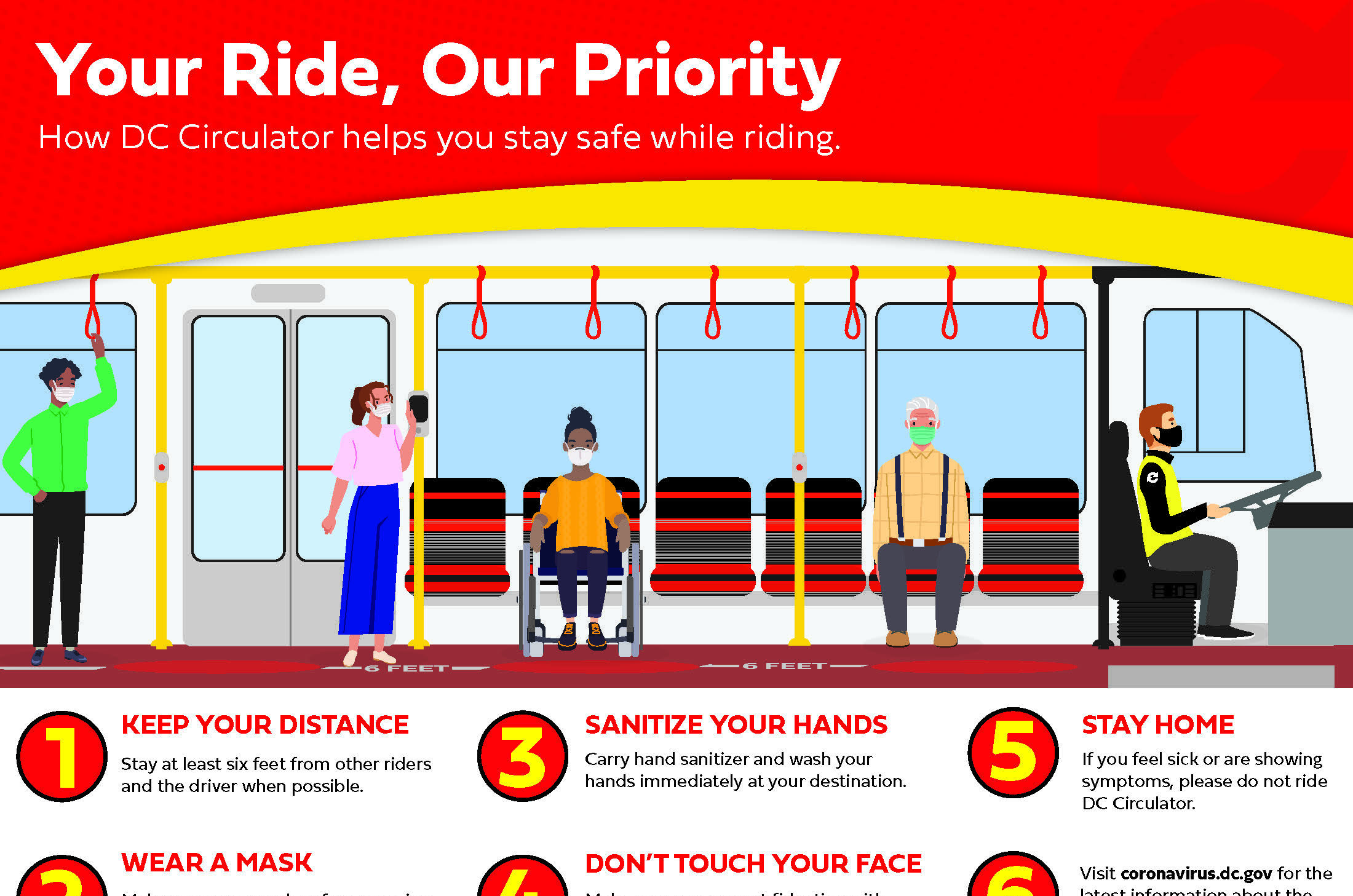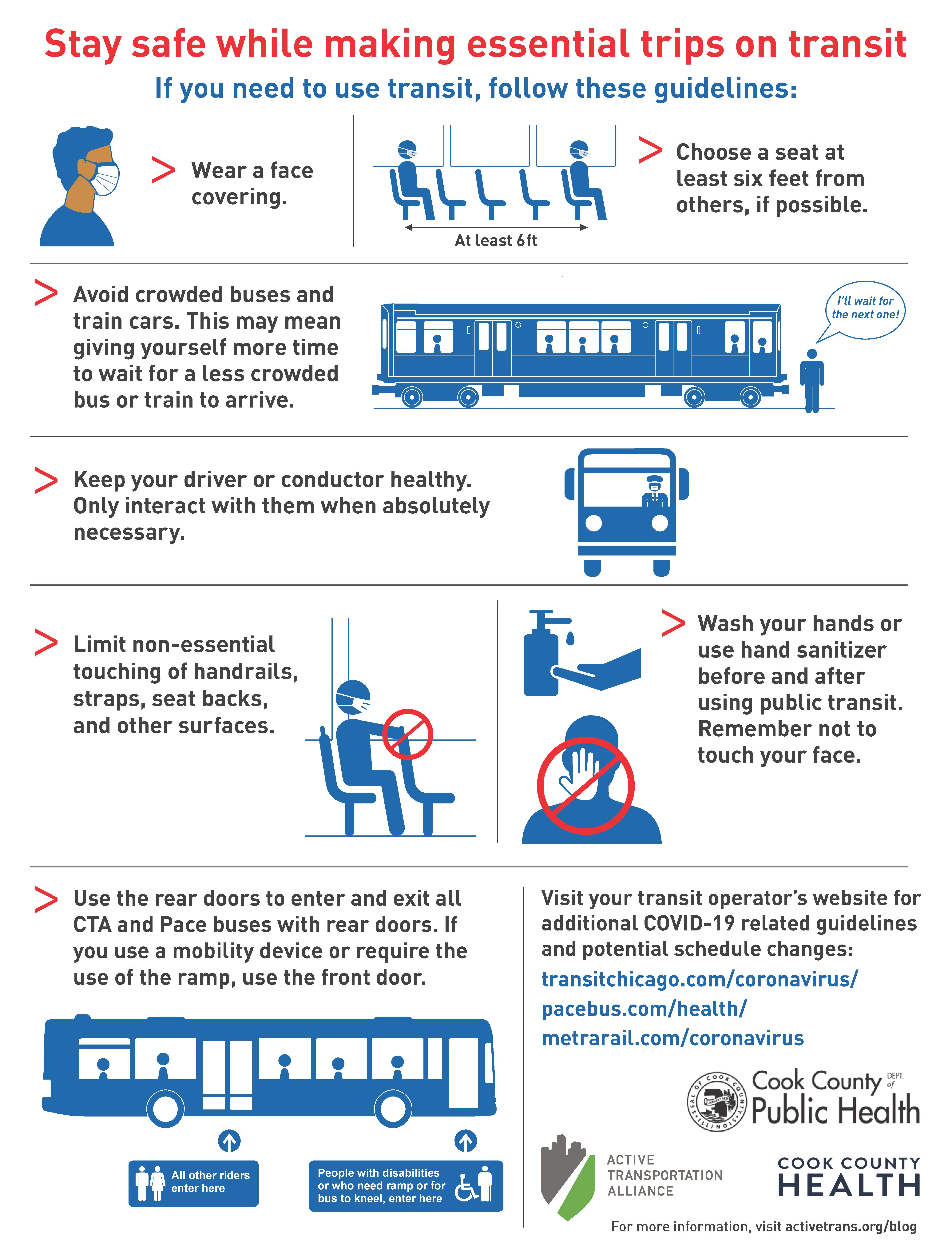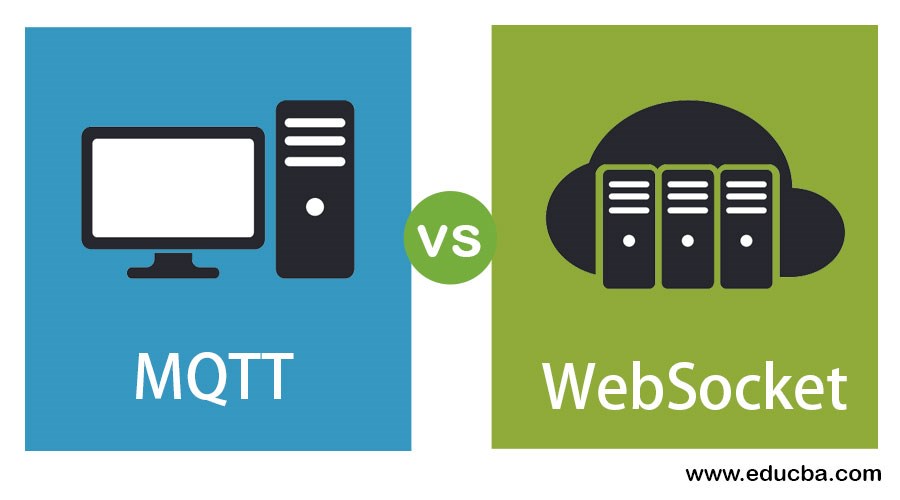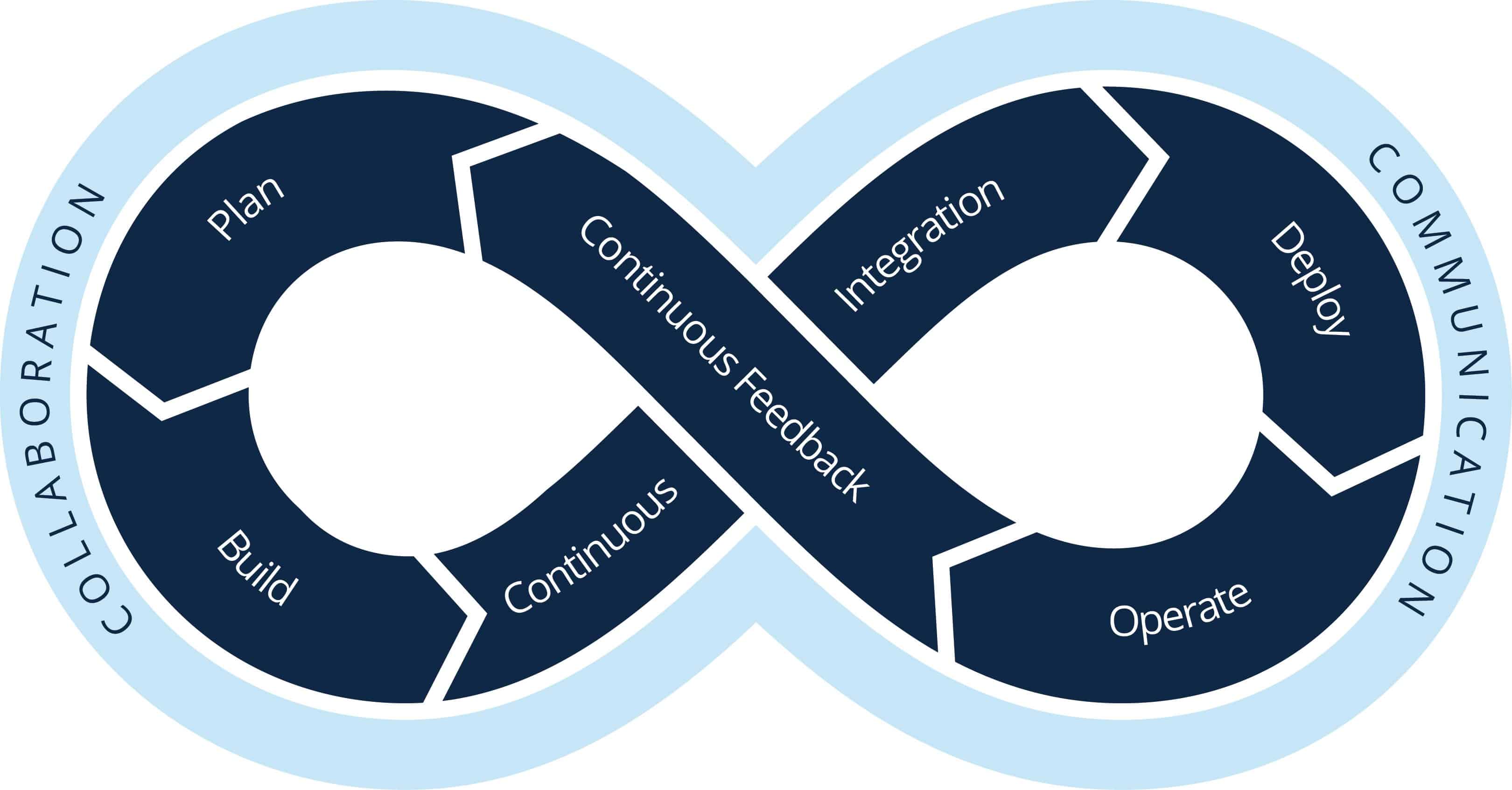Public transport systems provide an essential service for communities by connecting people across cities and regions. However, the safety perceptions of riders can vary significantly depending on personal experiences and circumstances. Through honest accounts and respectful discussion, we seek to gain a fuller understanding of this complex issue from multiple vantage points.
Different Neighborhoods, Different Experiences
As a former taxi and bus driver in London, I found that crime rates on public transit around “posh” and lower-income areas yielded inconsistent results. Most passengers complied with rules and were pleasant to interact with, yet occasional problems arose. I recall transporting well-off girls who nearly short-changed my fare until one talked sense to her friend. Meanwhile, rowdier lads from a council estate surprisingly overpaid without trouble.

Expecting Trouble Where There Was None
Riding buses through Minneapolis-Saint Paul, I’ve never felt unsafe even on night routes through less affluent neighborhoods. Transit authorities respond swiftly to any issues via emergency alerts. The sole police encounter I witnessed involved an intoxicated man at a bustling downtown post office, not in an area deemed risky.
Appearances Can Be Deceiving
Now in my late sixties, I take London’s underground trains regularly without concerns beyond people offering my seat. Some presume certain neighborhoods automatically pose threats, but in reality, visible minorities face higher risks of harassment now than I do as a white woman. Safety perceptions don’t always align with factual risks or individual attributes like race.
Staying Calm in Uncertain Situations
When traveling through areas viewed as dubious, I try to avoid attracting unwanted attention. Discreetly listening to music or reading helps pass the time without inviting interaction. Remain poised if approached - responding casually, as if at ease there myself, usually defuses tension better than appearing defensive. It’s wisest to judge each person, not whole neighborhoods, as character varies individually.
Building Understanding Through Open Dialogue
Public discussions around this complex issue too often devolve into accusations rather than appreciation of varied perspectives. As this exchange shows, safety realities on public transit differ greatly depending on life experiences. By respectfully sharing our views freely and asking questions to expand our knowledge, communities can work to address legitimate concerns while dismantling harmful biases. Understanding prevails over assumptions through honest, solution-oriented dialogue.
Taking Collective Steps Toward Inclusion
While most riders feel secure, those facing discrimination deserve protection. Transit organizations should ensure staff receive sensitivity training and respond appropriately to any incidents. Communities too must condemn intolerance wherever it occurs. When all people feel respected regardless of background, inherent social divides weaken and public spaces become safer havens for all. Together through open-mindedness and support for the vulnerable, we can progress toward a just transportation system welcoming of human diversity.

 Comparing Messaging Protocols for IoT: MQTT vs WebSockets
Comparing Messaging Protocols for IoT: MQTT vs WebSockets